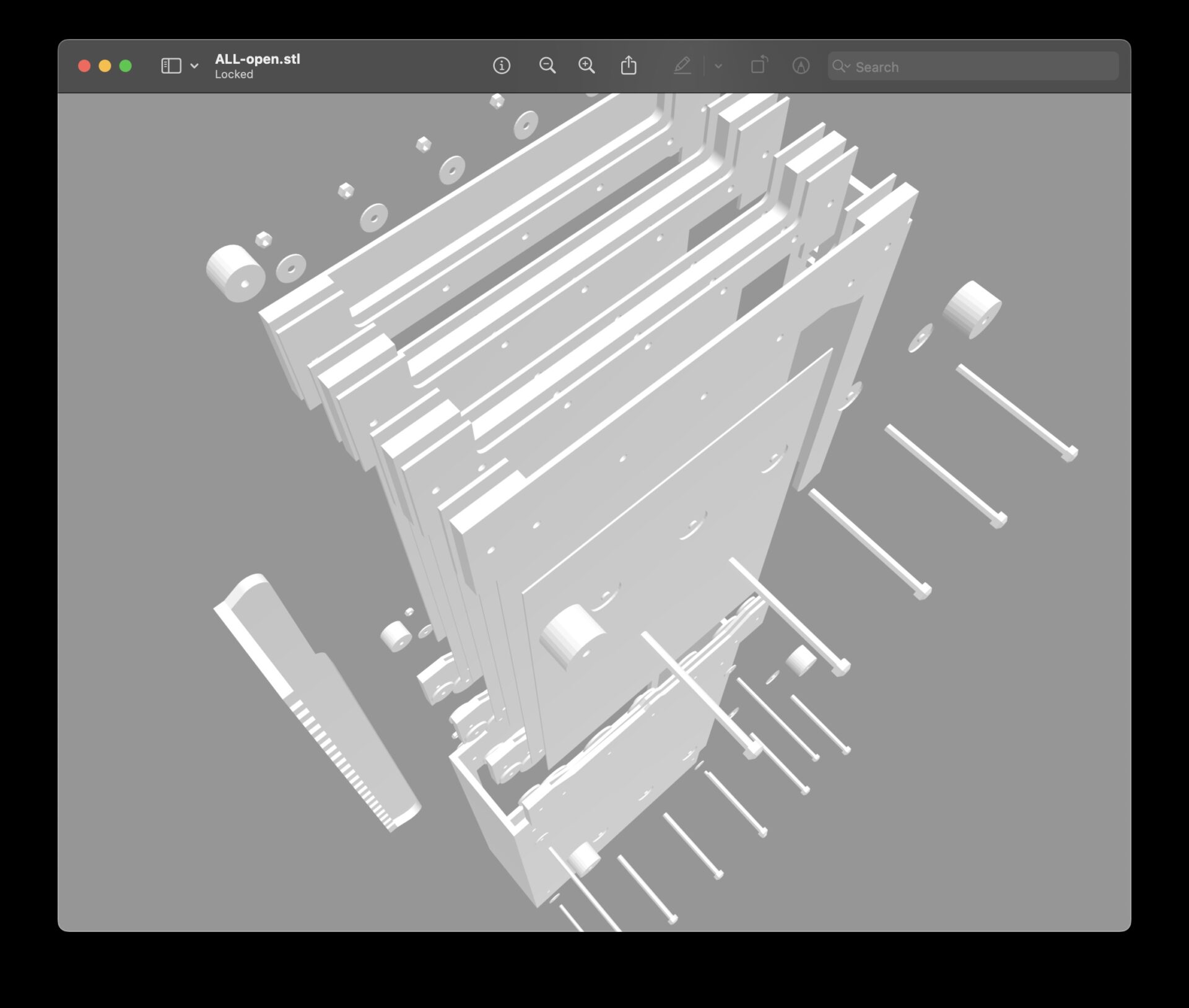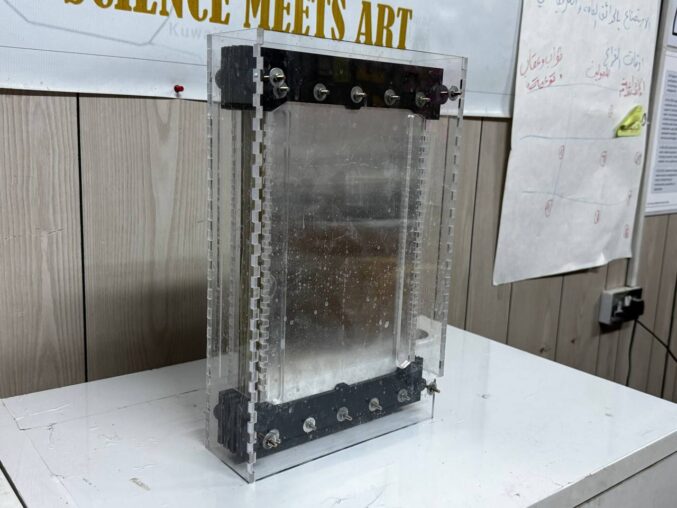The LibreWater project has recently achieved significant results, particularly in deploying small-scale solar desalination prototypes in Basra, Iraq. Rooted in open-source methodologies and collaborative global innovation, the project examined two distinct approaches for solar-powered water desalination: the solar concentrator dish and the Fresnel lens design.
The LibreWater and ScienceCamp team developed substantial insights regarding technical workflows, especially around the management and compatibility of various 3D design files. One notable challenge encountered was converting files from the STL format to STEP. Effective file conversion emerged as critical for maintaining component integrity, clear naming, and structured hierarchies, simplifying assembly processes and replication for broader use.

Detailed outcomes of the project include:
- Prototype Testing and Evaluation:
- Solar Concentrator Dish: This design focused sunlight using reflective surfaces onto a specific heating area to evaporate seawater or brackish water. It proved functional and provided significant data on efficiency, particularly related to its size and potential scalability. But, due to the high temperature it achieved, there were considerable challenges in searching for the right materials to produce the Accra model.
- Fresnel Lens System: This approach utilises a Fresnel lens to concentrate solar rays onto a targeted heating module, facilitating evaporation. The Fresnel lens system showed distinct practical advantages, such as ease of construction and potentially lower production costs compared to the dish design.
- 3D Modeling and File Management:
- The team adopted improved modelling practices by ensuring parts were correctly named and structured within the software 3Ds Max. This allowed smoother conversion processes and facilitated easier assembly and replication by partners and community members.
- Joint components, such as sidewalls, required clear decisions on whether to merge or separate parts within the CAD models. The team concluded that specific assemblies could be maintained as grouped components within single files, which streamlined the final assembly.
- Enhanced Documentation:
- Clear component naming conventions and precise diagrams were developed, making the open-source documentation comprehensive and user-friendly.
- Detailed diagrams, 3D renders, and CAD files of both solar desalination systems were thoroughly documented, allowing easier global understanding and worldwide replication.
Read or Download the Assembly Manual
Download the STL file to print your own!

- Logistics and Financial Documentation:
- Efficient invoice management practices were implemented to ensure precise financial tracking and smoother administrative processes, which are essential for transparent and continuous international collaboration.
The LibreWater project was recently showcased at the re:publica 25 Makerspace in Berlin, an influential festival dedicated to the digital society. Re:publica gathers innovators, activists, technologists, and creative professionals from around the globe to explore and debate emerging technological trends, societal transformations, and collaborative innovation. At the Makerspace, LibreWater shared its solar desalination prototypes and the achievements in Iraq, highlighting practical outcomes, open-source methodologies, and collaborative processes with an international audience, fostering further discussion and collaboration in sustainable technology solutions.
The prototypes and technical improvements realised through LibreWater in Iraq highlight critical advancements for accessible and sustainable desalination technologies. By documenting these detailed technical insights and practical solutions, LibreWater has effectively empowered communities to independently build and operate solar desalination units, addressing water scarcity through sustainable technology.







